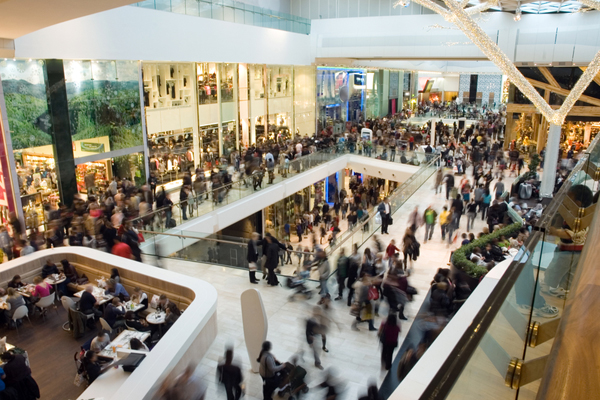3Qs: Internet, small businesses giving Black Friday a run for its money


To families across America, Thanksgiving represents a day filled with togetherness and turkey. To American retailers, the holiday kicks off a shopping bonanza with Black Friday, Small Business Saturday and Cyber Monday. These days have proven to be profitable for retailers in the past, though their growing practice of opening shop as early as Thanksgiving evening has this year led to consumer and worker outrage. We asked Bruce Clark, associate professor of marketing in the D’Amore-McKim School of Business, to talk about the potential pros and cons of each of these shopping days.
Retailers such as Target, Toys R Us and Walmart are opening their doors earlier this year than ever before—some as soon as 8 p.m. on Thanksgiving Day. What impact will early retail openings have on retail sales figures?
Overall, I’d forecast that the early openings wouldn’t have much effect. On the positive side, there is a lot of buzz about the big move, and that will make consumers more aware of Black Friday in general. Last year, some retailers claimed that opening at midnight reached a different segment of shoppers who would rather stay up late than get up early; the early-evening openings should only exploit that demographic further.
The challenges here lie in consumer budgets and attitudes. To the extent consumers are economizing, opening early may simply shift 2 a.m. money to 10 p.m. money. Additionally, I would worry about the groundswell of discontent from employees and some consumers about the symbolism of opening on Thanksgiving. It seems to be leaving a bad taste in a lot of people’s mouths. Finally, the online shopping juggernaut shows no sign of slowing down, so it’s possible that foot traffic may be down regardless of timing or retail promotions.
Small Business Saturday was created in 2010 to put more money into local economies and support local jobs and tax revenues. Has this proven successful in the two years since the term has been coined?
I think it has been a terrific success for American Express, who conceived the campaign and has seen it take off on social media. The campaign has also reminded consumers about the small businesses in their community; there is a lot of local press coverage this year about Small Business Saturday activities in particular communities. Supporting small businesses is a “feel good” activity for everyone. This has to be a plus for local businesses.
Actual sales figures, however, are much harder to come by. I don’t think anyone knows how big the effect is nationally. I suspect it works best for small businesses that are already well-run in the first place, and in communities where small businesses band together to create events that draw shoppers into areas where clusters of small businesses make shopping convenient.
Cyber Monday has become an increasingly popular option throughout the years for those who prefer online shopping. What threat does this convenience pose to traditional brick and mortar retailers who depend on in-store purchases?
Online holiday sales have been growing much faster than in-store sales, especially in categories such as consumer electronics. I expect that trend to continue this season. The increasing use of smartphones to research and, in some cases, buy products online while consumers are in-store represents a big worry for retailers as they lose control of both messaging and sales. This is leading retailers to reduce their inventory and floor space of popular online items. Traditional retailers can try to fight back based on product and price, but I’d say the best tactic is to concentrate on doing the one thing online can’t do: create an engaging retail store experience. If a store is fun and exciting to visit, sales will follow.





